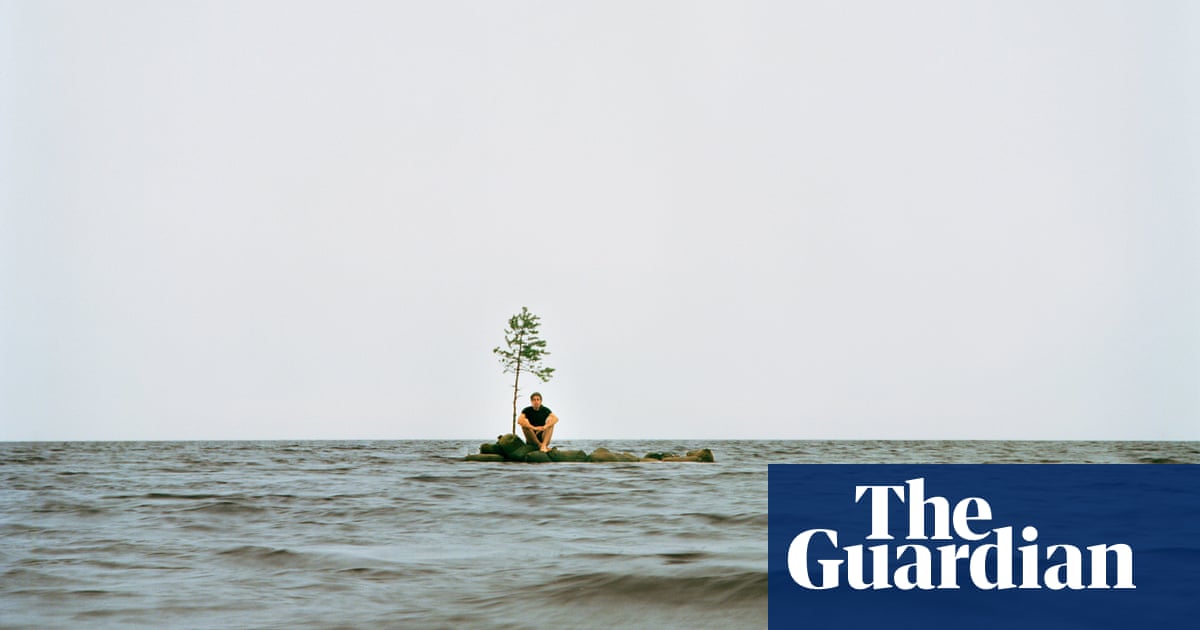
The “Blue Planet Live” series ended on British TV recently, leaving the audience begging for more. The series, which was produced jointly by the BBC and the Open University, took a thorough look at the health of the world’s oceans and the wildlife that lives there. This pioneering program must be aired all over the world if we are to educate future generations and warn them of the key policies that are needed if we are to protect our “Blue Planet.”
Unfortunately, in Britain, even such a program ended on a sad note, when some people, instead of praising the show and the efforts and money spent to beam the pictures into our living room, confined themselves to complaining that some endangered turtles were attacked by seagulls on live TV. Events such as this abound in nature and the impact of this program should not be confined to whether or not the BBC should air live pictures of a turtle being eaten by a seagull.
In the first live broadcast of its kind, viewers were able to follow marine life and see the adversity that threatens it from the comfort of their living rooms. The producers and presenters could not have done more to highlight the animals’ struggle to survive and how they need human help to thrive. The program aired from the Bahamas, the Great Barrier Reef in Australia, Mexico and California, giving viewers the opportunity to get close to the colorful flora and fauna of our planet.
The program could not have spelled out better that the marine ecosystem is part of human existence, but it is under pressure and losing one would mean we will also lose the other. Plastic waste, fishing nets, plastic particles, fridges and cookers, and shipping containers all litter the seabed in key protected areas. Dead creatures were found to have sheets of plastic in their guts.
Only 1 percent of our oceans have been explored by scientists, and humanity needs more investment and work to understand the impact of pollution on our planet.
Surface pollution from toxins, chemical waste, the melting of the polar ice caps, and unprocessed waste dumped in the seas have all been measured and studied and their impacts are known. Yet governments and international institutions have failed to shift the emphasis of policy to a more binding approach for states and societies to try and save the environment.Deep-sea damage has been more difficult to assess, as demonstrated by “Blue Planet Live.” It is claimed that plastic bags were spotted 10 km below sea level in the Mariana Trench, the deepest known point in the ocean. Scientists say that plastic is likely to take decades, perhaps even centuries, to fragment, especially as deep waters provide less oxygen and less light. When plastic does decompose, it turns into plastic particles that will further hurt our fragile ecosystem.
Scientists in the program showed us the impact trade and shipping has had on the oceans. In an area of the ocean near Mexico, shipping containers filled with household appliances were found more than 1,000 meters below sea level. Scientists estimate that 1,500 containers fall from ships and are permanently lost at sea every year.
The melting of the polar ice caps and the constant rise in the planet’s temperature also did not go unnoticed. It is felt this warmer hatching environment produces more female turtles, so hotter weather might indirectly kill off the sea turtles that are considered key to the survival of coral reefs. Other species, including blue whales and bull sharks, were also highlighted as being vulnerable.
However, these stories are only a teaser. I believe such programs should be made available worldwide, translated and shown in all schools in all countries. Every day, new research emerges that demands immediate action, yet the world is not listening. Governments do their best to waste time and carve up territories for further material and moral gain — this is the trend all around our planet. Yet, if we fail to listen to scientists, all this vying for power and dominance will be of service to no one, as we will lose our planet.
We have failed to achieve our targets of reducing carbon dioxide emissions. Instead we keep setting new target dates: First 2020 and now 2050. Parallel to that, emerging research shows that sea temperatures are on the rise and dissolved oxygen is in decline, leaving seawater more acidic and offering fewer nutrients for the thousands of creatures that keep our ecosystem balanced.
To use the words of Sir David Attenborough — the narrator of the original “Blue Planet” series — “the health of our oceans is under threat. They are changing faster than ever before in human history.” It is time to use all tools possible, including urgently making programs like “Blue Planet,” “Planet Earth,” “Life,” “Frozen Planet,” “Africa” and others available as part of the curriculum in schools. I believe change can be instilled as new generations grow up; and maybe they will be more successful than previous generations have been in protecting their planet.












